The most common causes of transformer failures

Transformer failures can lead to disruptions in power supply, equipment damage, and even safety hazards. Understanding the most common types of transformer failures is crucial for proper maintenance and timely intervention.
Here are some of the most common types of transformer failures:
- Overheating: Transformers generate heat during normal operation, and excessive heat can cause the insulation materials to degrade, leading to short circuits or reduced transformer life. Overheating can result from overloading, poor cooling due to blocked cooling channels or malfunctioning cooling systems, and high ambient temperatures.
- Insulation failure: The insulation materials in a transformer, such as the paper and oil, are crucial for preventing short circuits between turns or phases. Over time, insulation can deteriorate due to aging, moisture ingress, overheating, or exposure to corrosive gases. Insulation failure can lead to winding faults, bushing failures, and ultimately catastrophic failure of the transformer.
- Winding failures: Transformer windings can fail due to short circuits, mechanical stress, or insulation degradation. Short circuits within the windings can occur when the insulation between turns or phases breaks down, leading to a localized increase in current and potentially causing overheating and further damage to the transformer.
- Bushing failures: Transformer bushings serve as insulators and allow the passage of conductors through the transformer tank. Bushing failures can occur due to insulation breakdown, manufacturing defects, or exposure to harsh environmental conditions. A bushing failure can result in flashovers, oil leaks, or catastrophic transformer failures.
- Tap changer failures: Tap changers are used to regulate the output voltage of transformers by varying the turns ratio. Failures in tap changers can result from mechanical wear, arcing, contact erosion, or contamination of the insulating oil. Tap changer failures can cause voltage regulation issues or even lead to a complete transformer failure if not addressed promptly.
- Oil and gasket leaks: The insulating oil in transformers serves as both an insulator and a coolant. Leaks in the transformer tank, gaskets, or seals can lead to a loss of insulating oil, exposing the windings to air and moisture. This can cause the insulation to degrade, leading to transformer failure. Additionally, oil leaks pose an environmental and fire hazard.
- Lightning and surge-related failures: Transformers can be vulnerable to damage from lightning strikes or voltage surges caused by switching operations or other disturbances on the power grid. Surge protection devices, such as lightning arresters, can help protect transformers from these events, but in some cases, the energy from the surge can still cause damage to the transformer's windings or insulation.
Regular inspection, maintenance, and monitoring of transformers can help identify potential issues early, reducing the risk of transformer failures and ensuring reliable operation.
At SBS-NC, LLC, we recognize the vital role transformers play in maintaining the smooth operation of electrical systems in High Point, NC. Our team of dedicated, skilled electricians is committed to providing unparalleled service, ensuring your transformer repairs are handled with precision and care. We take the time to understand your unique requirements and concerns, developing tailored solutions that prioritize safety, efficiency, and longevity. With a strong emphasis on staying current with industry innovations and best practices, SBS-NC, LLC is the trusted partner you can rely on for all your electrical transformer repair needs in High Point, NC. Experience the difference our expertise, personalized attention, and unwavering dedication to customer satisfaction can make for your business. Call us Today!
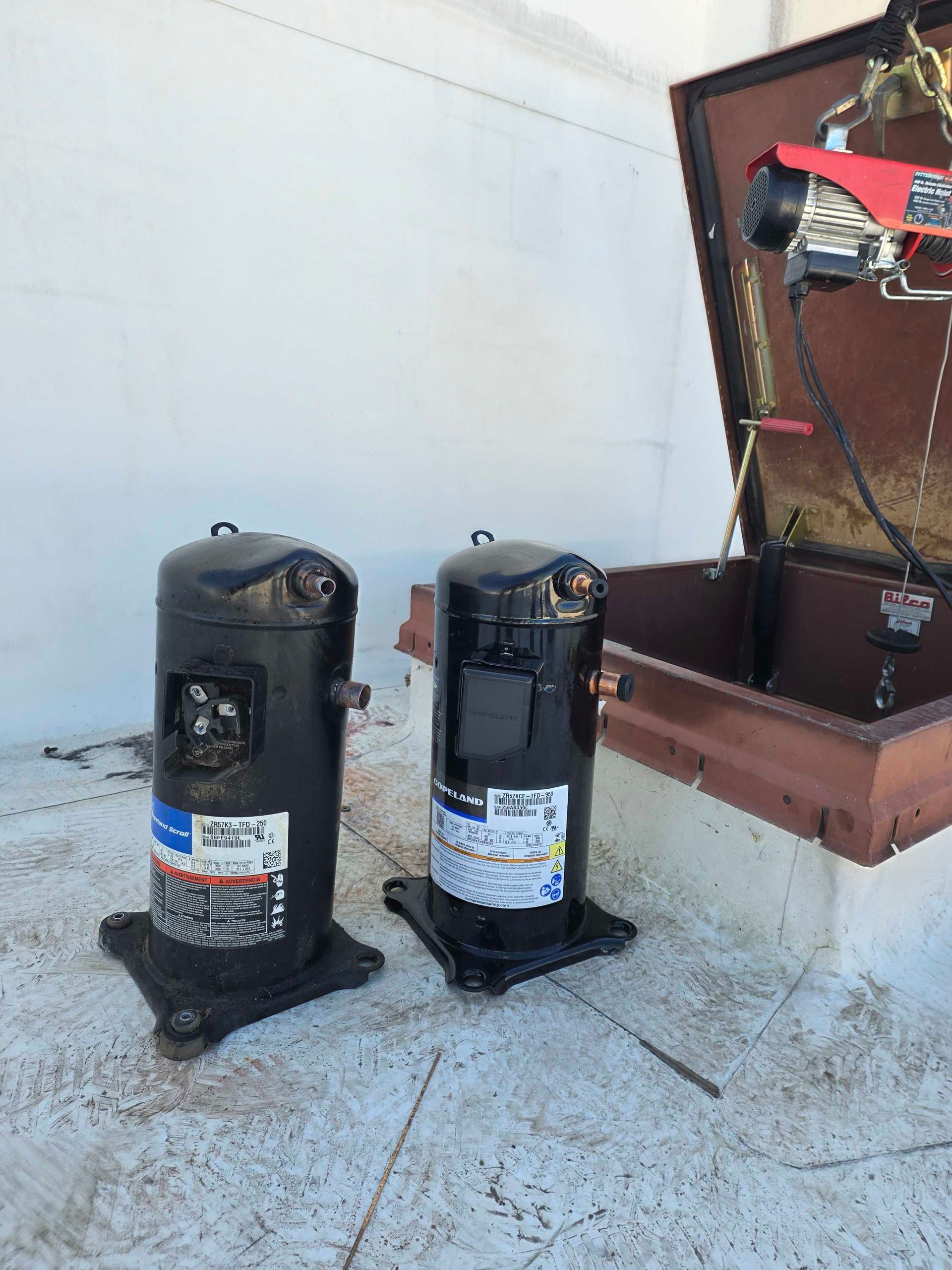

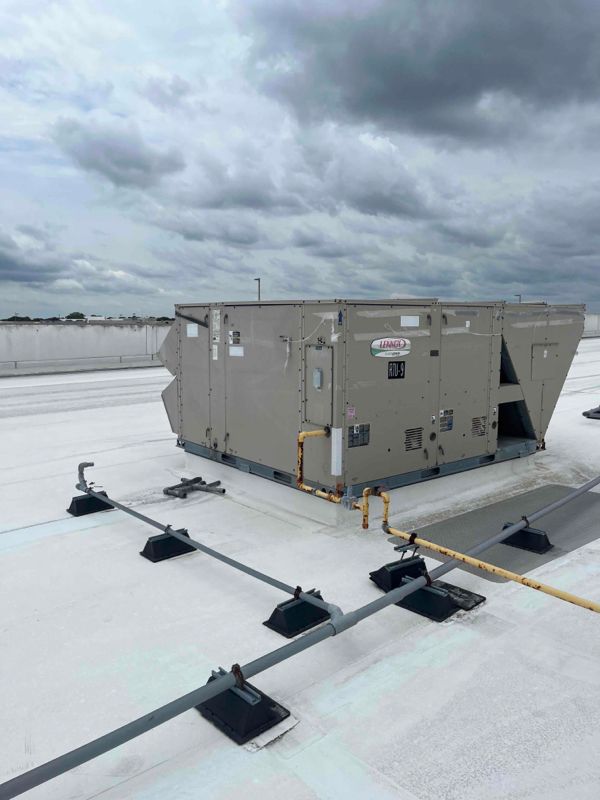
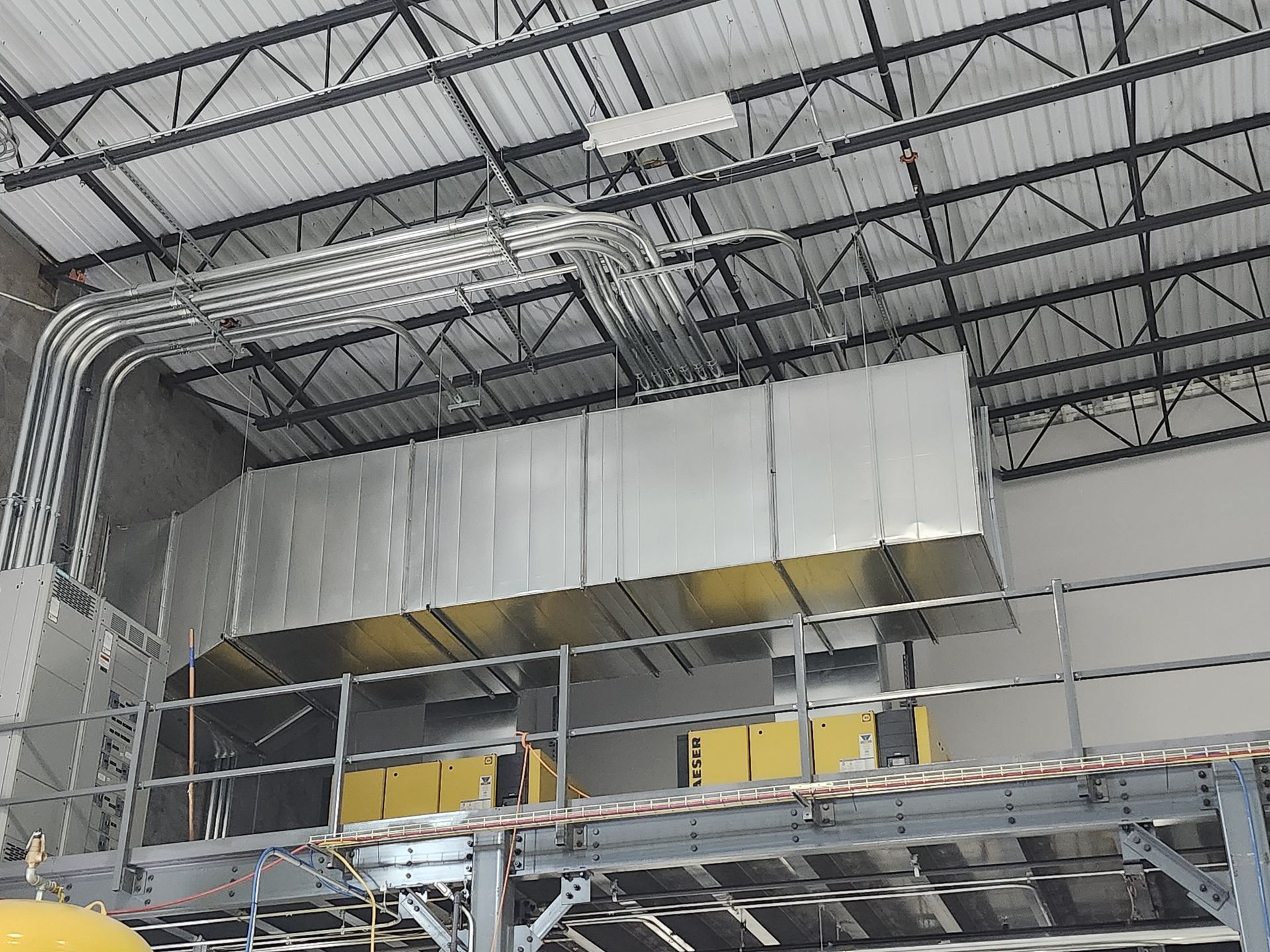
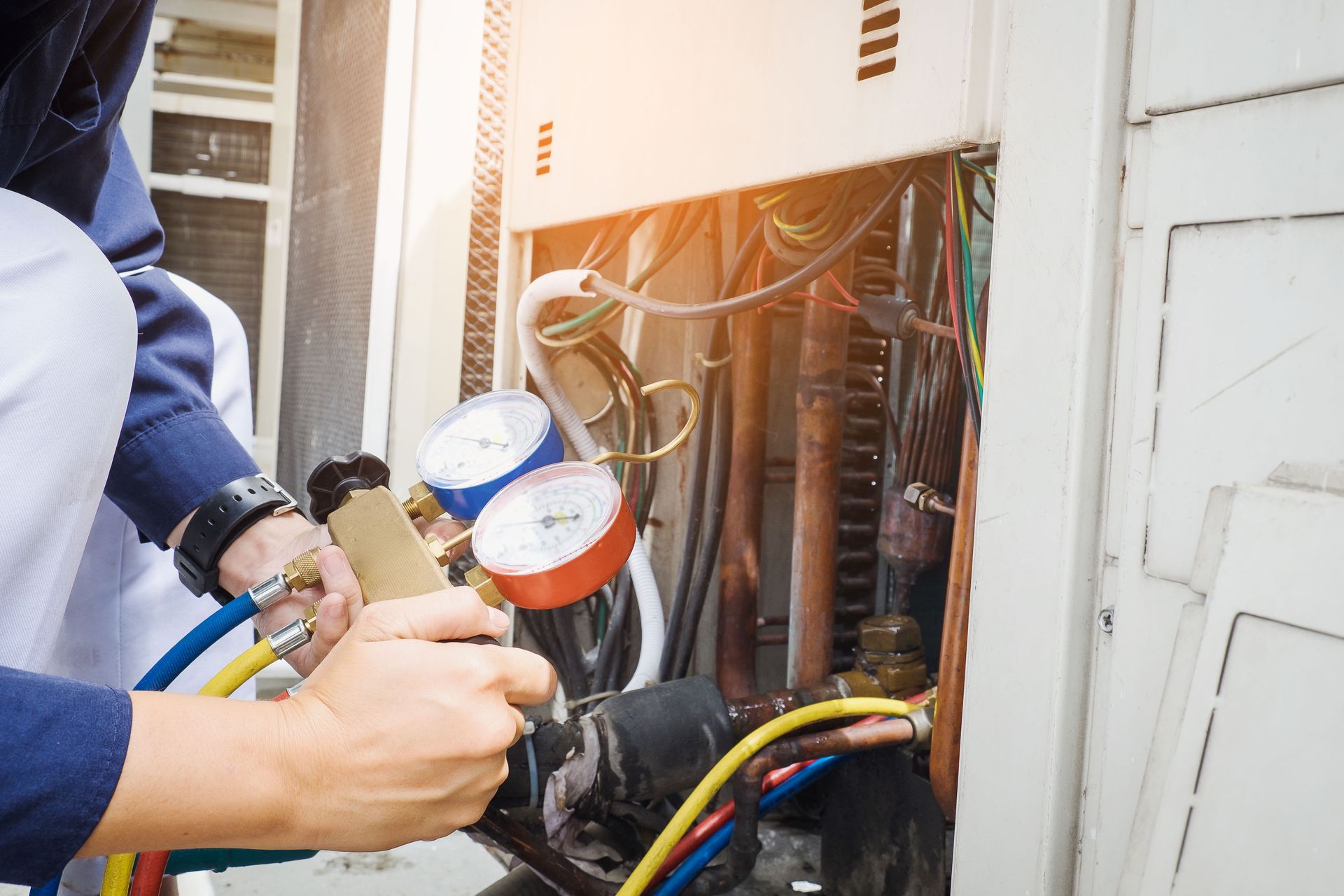
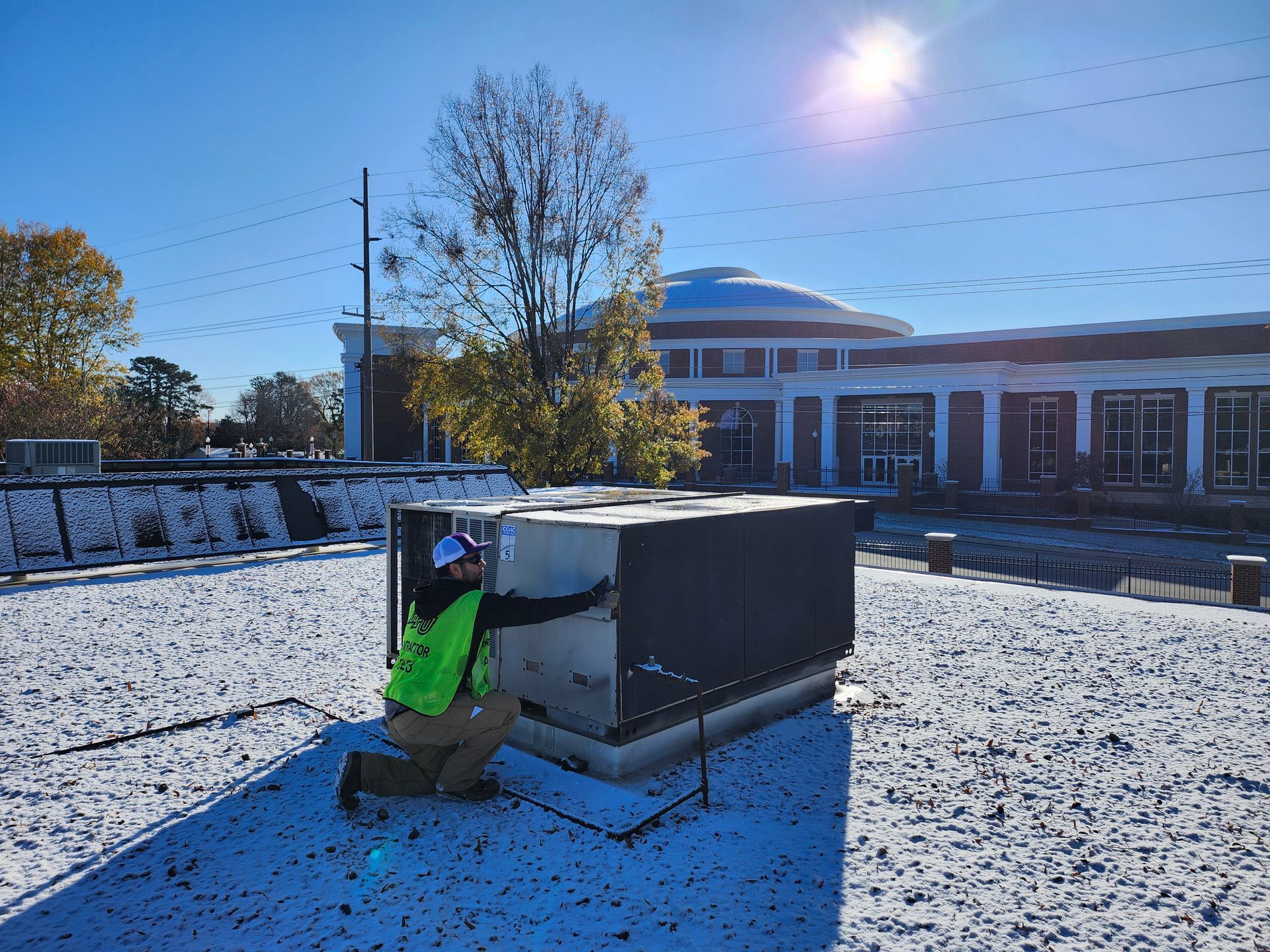
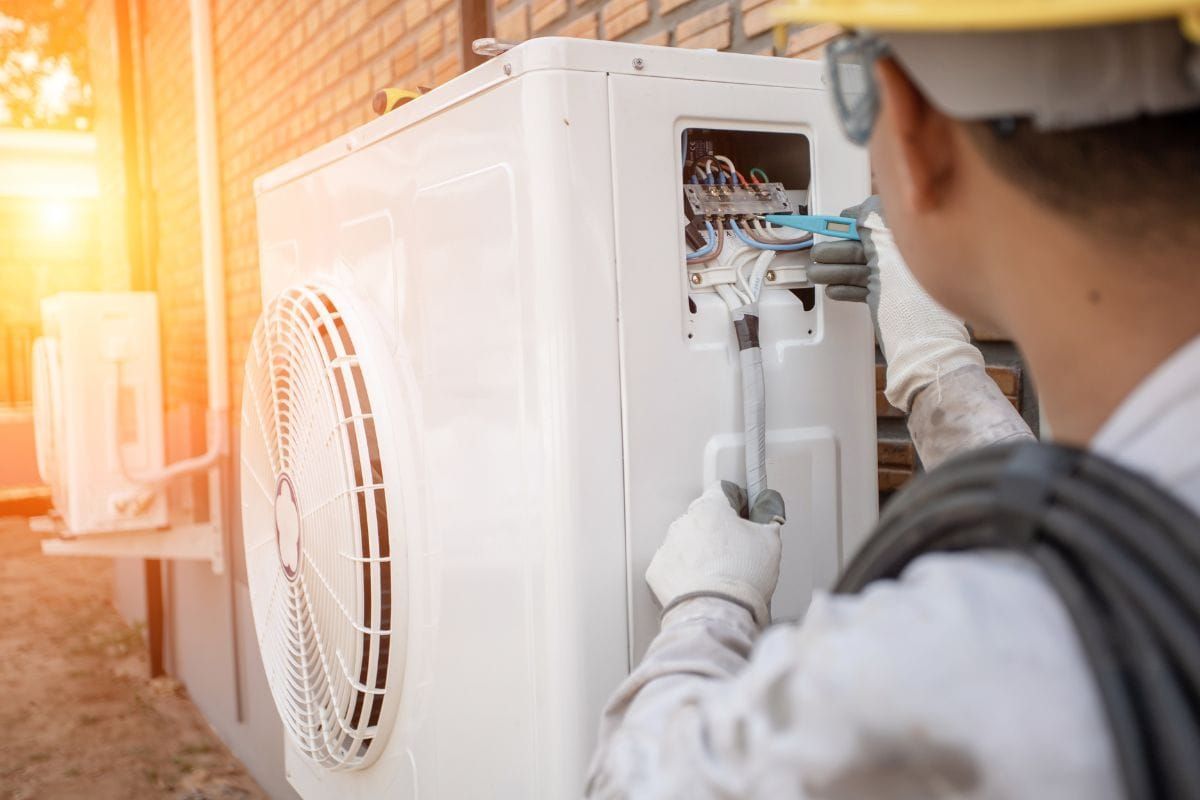

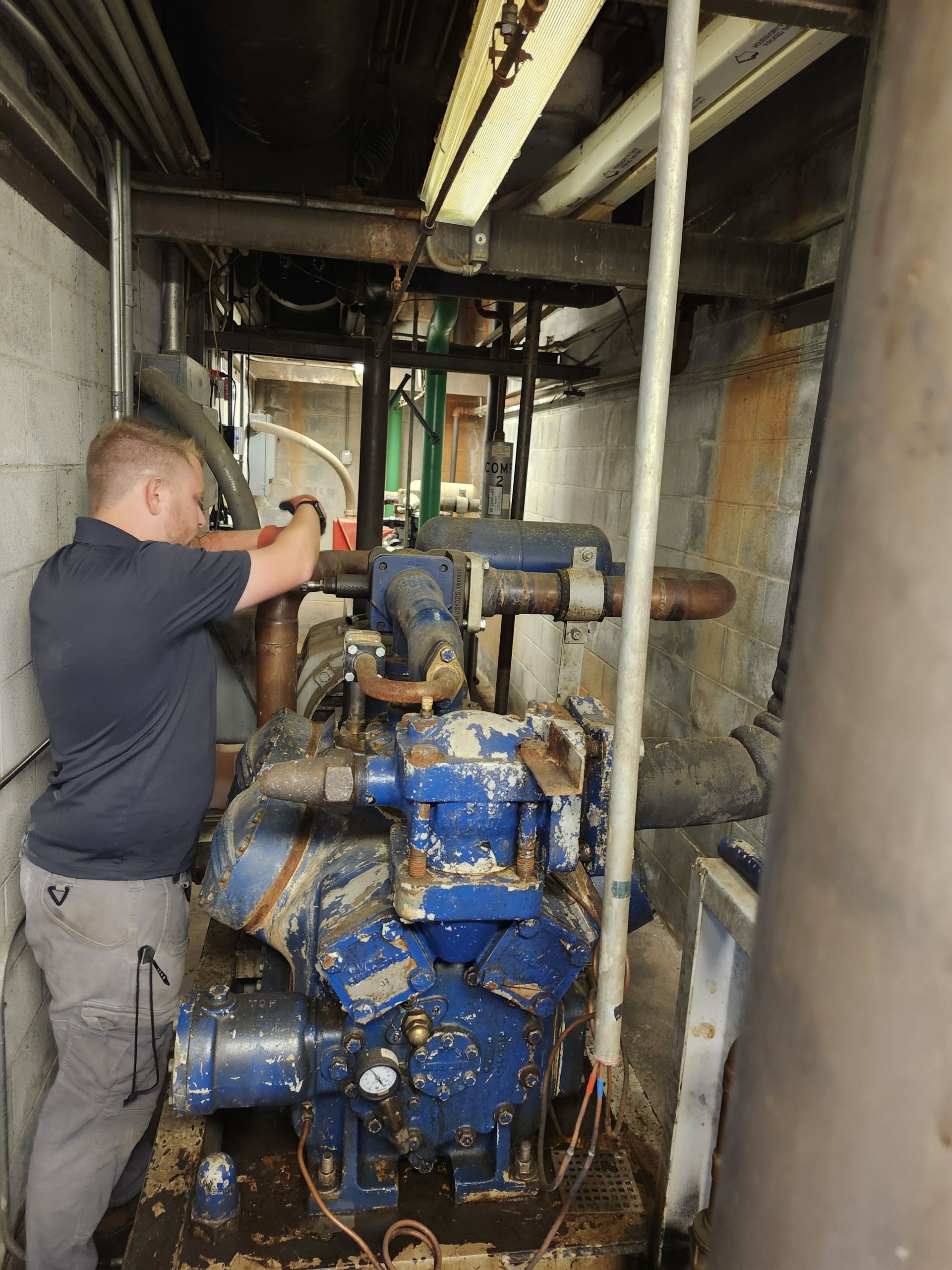

Share On: